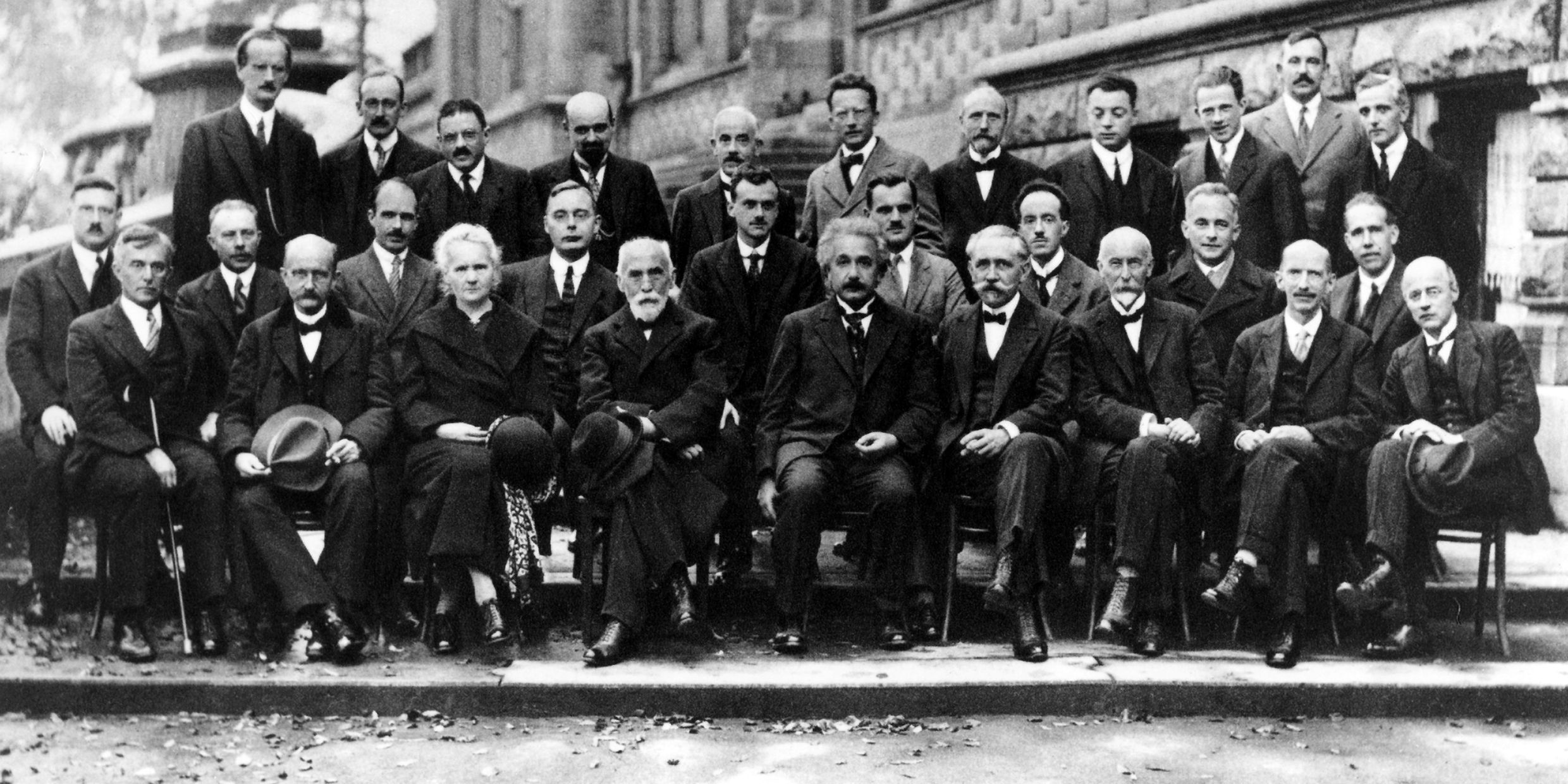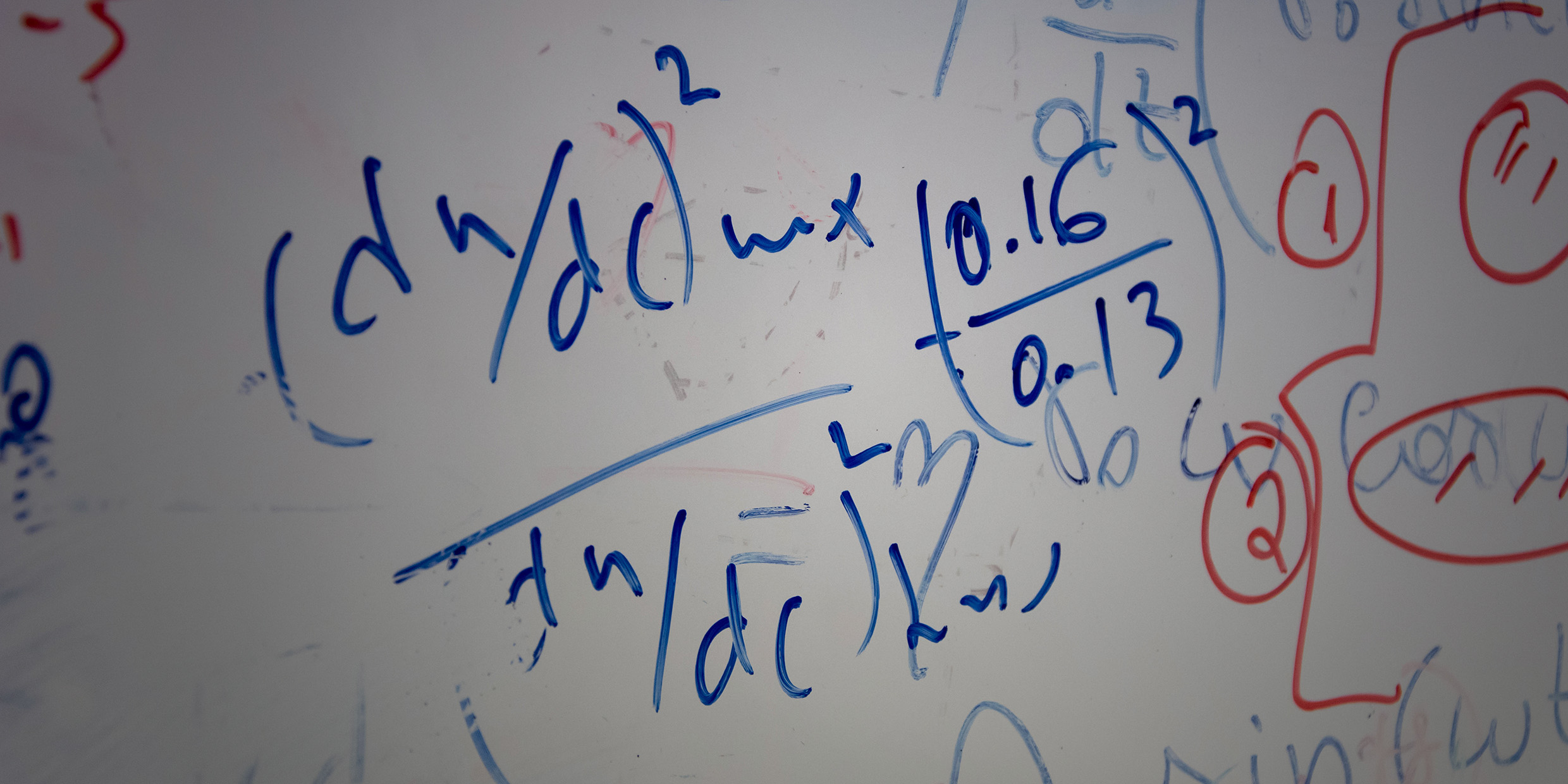The British physicist and philosopher of science John Ziman recently published a book called Knowing Everything About Nothing: Specialization and Change in Scientific Careers. This column is not about the book. It is about the title of the book.
Science
Escaping the human scale
When I was a child I owned a picture book that told the story of Christopher Columbus. Several of the illustrations are still clear in my memory. One showed Spanish caravels, with pennants flying, sailing off the edge of a flat Earth into the mouth of a waiting monster. This supposedly illustrated the prevailing view of the shape of the Earth at the time of Columbus.
The mutual isolation societies
It has been 30 years since British scientist and novelist C. P. Snow created a stir among educators with his idea of the “two cultures.” According to Snow, “scientific culture” and “literary culture” have become separated by a gulf of mutual incomprehension, often marked by hostility and dislike. Scientists have nothing to say to those who practice or study the arts — and vice versa. Each culture has its own language and agenda. Each is impoverished by ignorance of the other.
The scientists of Nazi Germany
When I was a kid, my favorite comic strip hero was Captain Marvel. The archvillain of the strip was the mad scientist, Dr. Sivana, who used his considerable powers of intellect in evil plots to dominate the world.
Women in science: against all odds
Here’s a quiz for you: Name all the women you can think of who made an important contribution to science before the year 1910.
The Grinch that stole mystery?
I have a friend who speaks of science as an island in a sea of mystery. It is a lovely image, and it seems to me an accurate one. We live in our partial knowledge of the world as the Dutch live on polders claimed from the sea. We dike and fill. We dredge up soil from the bed of mystery and build ourselves room to grow.
Even Galileo may have fudged
Two weeks ago, a team of researchers at Harvard’s Dana-Farber Cancer Institute retracted a paper published earlier this year [1986] in the journal Science. The paper reported the discovery of a molecule called interleukin-4A, which was said to play a role in amplifying the immune responses of the human body. The isolation of the molecule was considered a promising step in the search for a cure for cancer.






